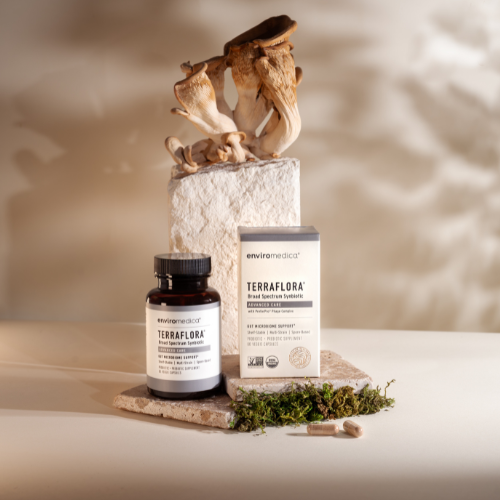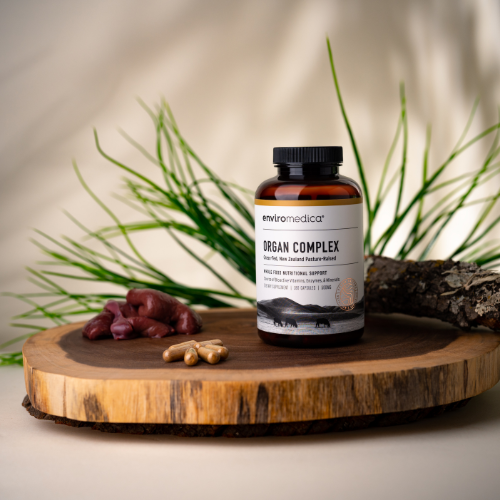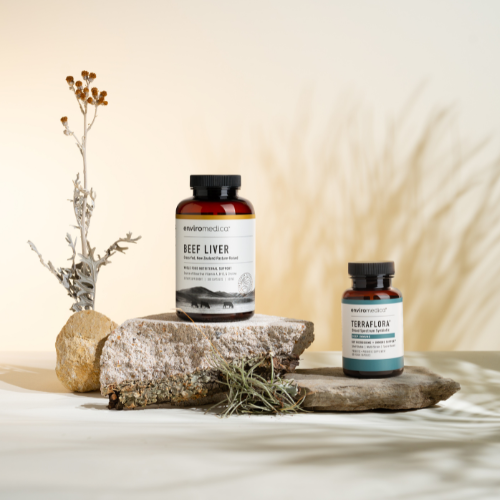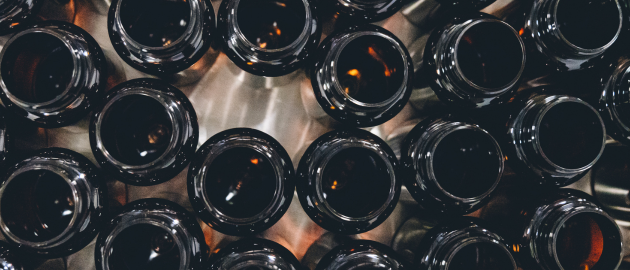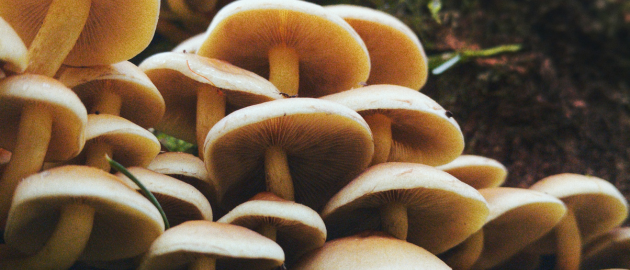What is collagen?
What holds complex organisms together? One of the principal answers is the rough, fibrous material known as collagen.1 Collagen consists of polypeptide chains of protein (Glycine, Proline, Hydroxyproline and Arginine), folded into a triple-helical conformation. It makes up 30% of the protein in the body, and up to 70% of the protein in the skin. Collagen ensures cohesion, elasticity, and regeneration of all our connective tissue. Collagen is like the ‘glue’ that holds us together.
Although once regarded as a more or less passive scaffold serving mainly to provide support for extracellular matrices, collagen is now acknowledged to have several additional physiologic roles. These include a role in morphogenesis and development, chemotaxis, platelet adhesion and aggregation, and cell attachment. Regardless of these and other potential subsidiary roles, the classic and most prominent function of collagen is the provision and maintenance of physical support for extracellular matrices.2
There are several types of collagen structure formations and five major types of collagen, each fulfilling a different role within the body. As we age, mutations in collagen can alter the expression or primary structure and function. As a result, this decline in collagen affects our connective tissue such as joints, ligaments, bones, skin, and even affects our gut health! Our modern eating habits and lack of movement also contribute to this collagen decline. Finally, cortisol released during stress also increases the breakdown of collagen. Decreased collagen can put us at risk for a number of health issues.
The two types of issues that arise when collagen starts to decrease are cosmetic and internal. Cosmetic issues related to collagen decline include: aging skin, sagging skin, wrinkles, cellulite, weak hair, greying of the hair, and hair loss. Internal issues related to collagen decline include: joint pain, high blood pressure, bone loss, digestive and immune issues, and atherosclerosis (hardening of the arteries).3
Collagen is found only in animal products, such as animal bone, skin, and connective tissue. Our early ancestors consumed significantly more collagen in their diet, as they were consuming the entire animal (nose to tail), and cooking and consuming bone broth with marrow bones, naturally containing these amino acid complexes. Now we mostly consume muscle meat and discard the tendons, ligaments, skin and bones of the animal. Collagen supplementation can help with restoring the depleted collagen.
What is the difference between Gelatin and Hydrolyzed Collagen?
When collagen is cooked, we call it gelatin. One of the gelatin products we are most familiar with is the commercial food product ‘jello’. Gelatin gives jello its firm structure and jiggly consistency. However, store bought jello products also contain large amounts of additives like food dye, stabilizers, and refined sugars. Store bought ‘jello’ gelatin also comes from factory raised animals that are fed a nutrient-poor diet. Therefore, there aren’t any real health benefits to consuming store bought jello products.
Collagen protein, or gelatin powder (like that found in jello, but from healthier animals and without the additives) can be used to make healthy gummy snacks and even homemade chewable vitamins.
This gummy form is naturally found in bone broth, as the heat breaks down the natural collagen found in the bones. This is the reason bone broth tends to thicken and gel in the fridge.4
Hydrolyzed collagen is uncooked collagen that has been broken down with enzymes, and is easily absorbed and utilized by the body. Hydrolyzed collagen is great for people with digestive issues and autoimmune struggles. This form of collagen is referred to as collagen hydrolysate or collagen peptides. Hydrolyzed collagen has a lower molecular weight, and therefore will not “gel up” for making collagen gummies and other recipes. This form of collagen will dissolve easily and quickly, in any liquid (hot or cold) and does not have a taste to it. It can be added to morning tea, coffee, smoothies, and even baked foods as a supplement to restore collagen.
What are the attributes of a better collagen?
The best collagen comes from animals that are out in the pasture, following natural behaviors, grazing on grass that is free from pesticide agents. Quality collagen products should be made exclusively from pasture raised animals that are never given hormones, GMOs, or antibiotics. Quality collagen should contain no additives, fillers, dyes, binders, or other agents.
There are several good sources of high-quality gelatin and collagen powders. When sourcing, it is important to make sure that it is obtained from grass-fed and pastured humanely raised sources from a reputable company.5
Be sure that the collagen you purchase:
- Is sourced from pasture-raised and grass-fed animals.
- Is packaged in BPA-free containers.
- Contains no additives.
- Comes from a reputable source.
Collagen is a specific combination of amino acids (proteins) that decline as we age, and are difficult to obtain through a standard American diet. Supplementing with a quality collagen provides the body with building blocks to repair damage caused by age and stress related collagen deficiency.
References
- 1. Prockop, D. (1998). What holds us together? Why do some of us fall apart? What can we do about it?. Matrix Biology Volume 16, Issue 9, March 1998, Pages 519–528.
- 2. Steffen Gay & Edward J. Miller (2009). What is collagen, What is Not, Ultrastructural Pathology 4:4. 365-377, DOI: 10.3109/01913128309140589. Available at: http://www.sciencedirect.com/science/article/pii/S0945053X98900646 Accessed June 2, 2016
- 3. Grant, D. (2012). What is collagen?.
- 4. The Wellness Mama. Benefits of Collagen for Skin and Hair Available at: http://wellnessmama.com/60867/benefits-of-collagen/. Accessed June 2, 2016
- 5. The Wellness Mama. Benefits of Collagen for Skin and Hair Available at: http://wellnessmama.com/60867/benefits-of-collagen/. Accessed June 2, 2016
